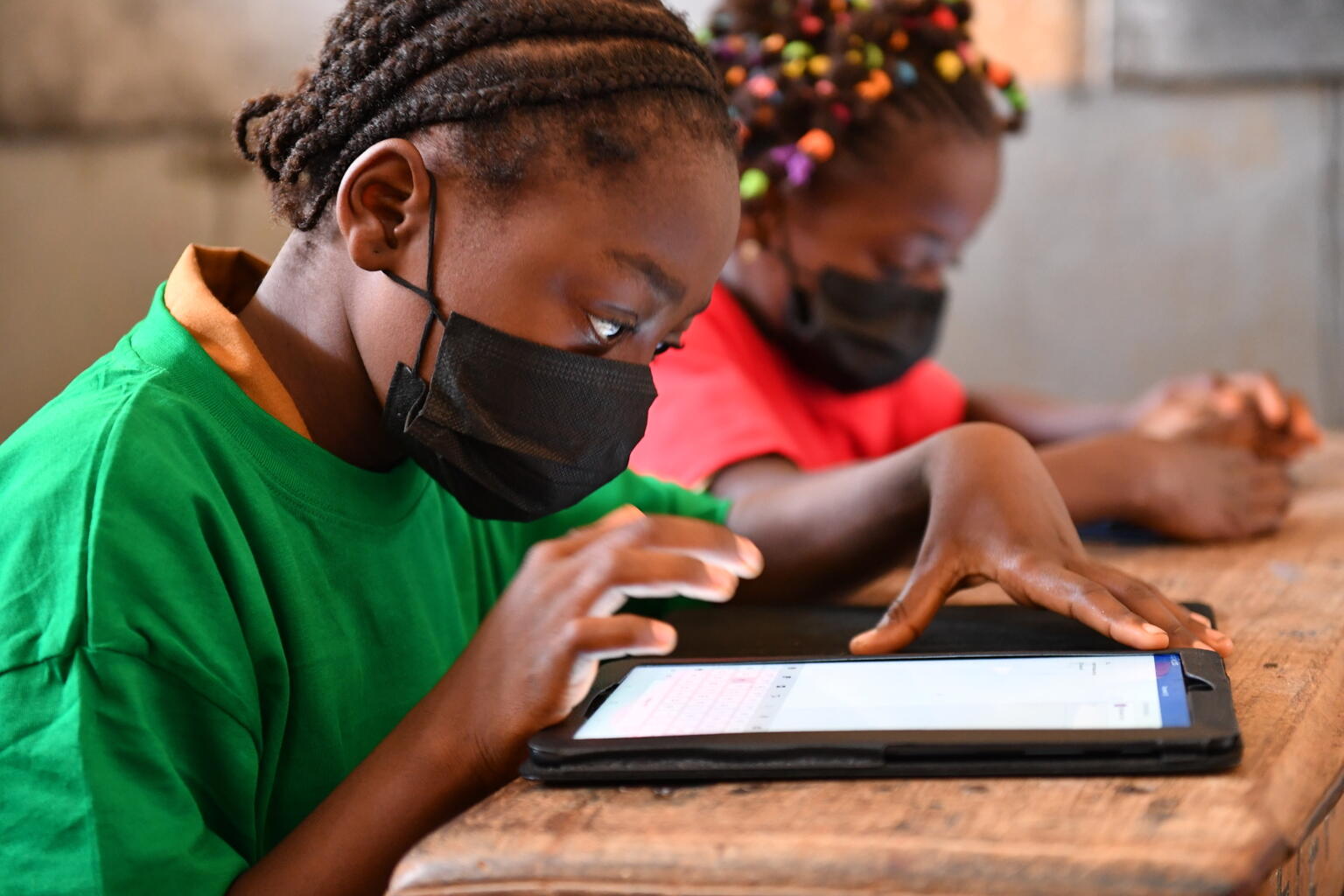Real-time Data for Decision-Makers in Eastern and Southern Africa
Description
In an era where billions of people use social media across the globe, the COVID-19 pandemic brought with it an unprecedented infodemic: abundant misinformation spreading faster, one could argue, than the disease itself. To respond to the infodemic, the World Health Organization (WHO), the United Nations Children’s Fund (UNICEF), the International Federation of the Red Cross and Red Crescent Societies (IFRC), and other agencies began to regularly share and publish reports that monitor digital trends through social listening and distill community feedback via regular community engagement activities. While the reports were lauded as excellent tools to inform programming, it also meant that there were numerous reports for key staff to review, creating yet another form of information overwhelm.
The Risk Communication and Community Engagement (RCCE) Collective Service, working with several partners, identified a need to streamline the content of social listening reports and community perceptions data into one Joint Report. The Joint Report triangulates data from UNICEF Social Listening Reports, the African Information Response Alliance (AIRA) Infodemic Reports, and the Community Feedback Report, each compiled using different methodologies.
- Social Listening Report: Using artificial intelligence (AI) powered tools and analyst-driven review, this report compiled by UNICEF analyzes digital news, online search trends and social media discourse related to immunization, education, and health services in Eastern and Southern Africa.
- AIRA Infodemic Reports: This report, developed by WHO AFRO, analyzes trends observed on social media platforms, which it compiles using a variety of social listening dashboards specific to the COVID-19 response. When possible, circulation of rumors and misinformation on closed channels (e.g. WhatsApp) are confirmed in the report.
- Community Feedback Report: This report relies on partners on the ground, including Ministries of Health, to input data collected from community members. Based on the IFRC’s community feedback methodology, partners report on prevalent conversations and community insights in the communities where they work.
Collective Service partners, led by AIRA, work together on a monthly basis to discuss the data from these reports, which are published throughout the previous month, to determine a theme, highlight the most important information, and produce critical recommendations for RCCE practitioners at the regional and country levels.
Additional languages

DETAILS
Organisation
Emergency
Region
Keywords

